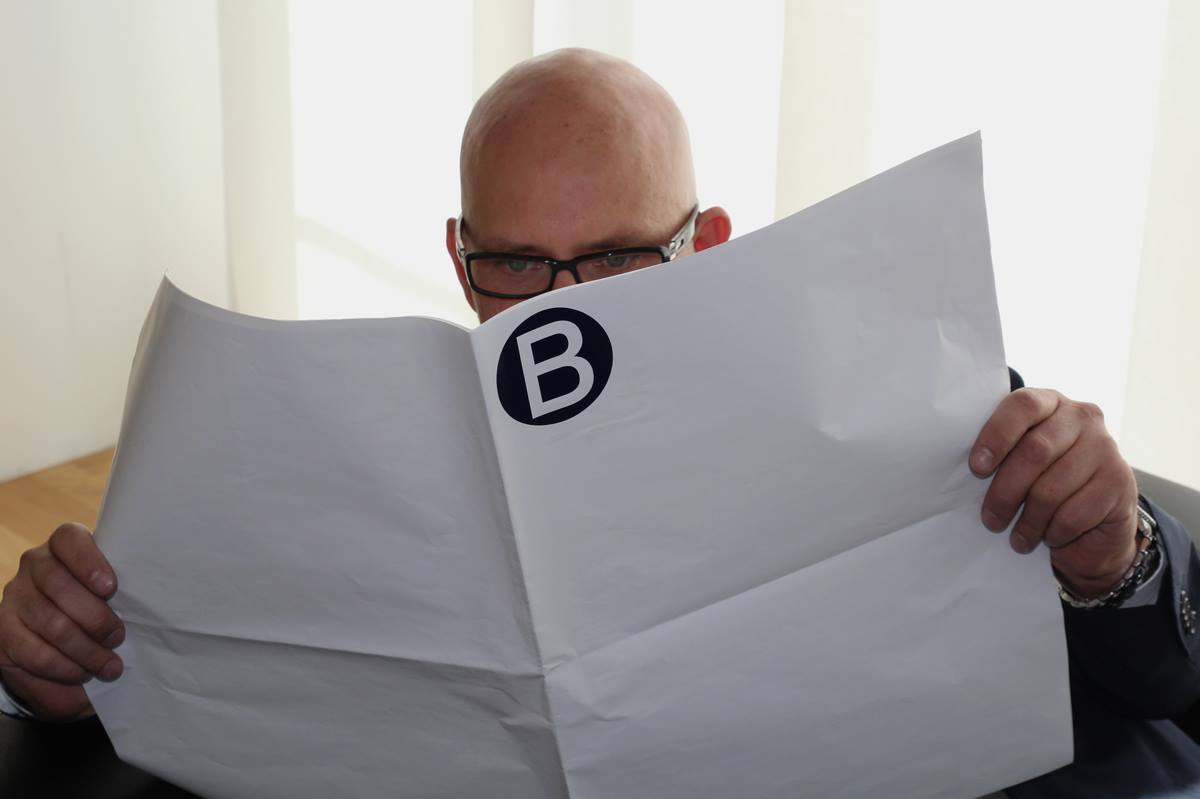BANKINGNEWS und Business Spotlight erklären Ihnen in Teil 2 der Business Englisch-Reihe, wie Sie sich in Telefonkonferenzen auf Englisch behaupten und wie Sie ein Telefonat höflich beenden.
MAKING THE BEST OF CONFERENCE CALLS.
1. Call from a quiet location
This is very important when there are several second-language
speakers from different parts of the world involved. Background noise can prevent us understanding each other.
2. Speak slowly
Speak at the speed you want to be spoken to. This is important
when you have native-speaker participants. They will often mirror the speed of the other participants. Give them a good example to follow, so that you are not continually asking them to slow down. But if participants do speak too quickly, don’t wait — get them to slow down, and ask them to repeat or explain:
Could you say that again more slowly, please?
I’m afraid I didn’t understand that. Could you explain it in another way?
If necessary, get the chair to remind the native speakers that there are also second-language speakers in the meeting. Don’t let the more fluent speakers dominate the conference call.
3. Speak clearly
Your accent can be difficult to understand if the other participants are not used to it. Accents sound more extreme over the phone, so speak clearly. Get some feedback on how you sound on the phone. If you have a strong accent, slow down and try to articulate your words carefully.
4. Speak with energy
Put some energy and enthusiasm into your voice. Energetic voices energize the other participants, are easier to listen to and strengthen the key messages, so that misunderstandings are less frequent. Describe your body language. Tell the others what you are doing:
I’m nodding my head in agreement with Frank.
I’m smiling at what Marianne said there.
You shouldn’t overdo it, of course. But it is sometimes helpful to describe your body language to reinforce a message.
5. Tell others when you are leaving/returning
Make sure the other participants know if you have to leave the call or when you are entering or returning to the conference. You need to tell them this, because they can’t see you leave or return:
I just need to get some papers. I’ll be back in a couple of minutes.
Hi, this is Andreas. I’m back.
6. Ask for breaks
In long telephone conferences, you should ask for “bio breaks” or for “quick stretches”. Short breaks help the concentration and give you time to reflect on how the call is going:
Could we take a five-minute break here?
How about a short break so we can stretch our legs?
If you follow these rules, your participation in telephone conferences is sure to be a success, and other participants
will be glad you took part.
ENDING THE CALL PROFESSIONALLY
The way you end a call is very important. You don’t want your caller to feel that you are trying to end the call too quickly. Here are four steps to end a call in a positive way.
1. Confirm key points
Summarize the key details and agreements made. Get the other person to confirm these. It gives you the chance to correct any misunderstandings or omissions.
“So I’ll find out about the exact costs and send you an
e-mail by Friday. You’ll then make a decision whether to take
the seminar by the beginning of next month. Is that right? Good. Was there anything I’ve left out?”
2. Say “thank you”
Say “thank you” to your callers for their time. This shows respect for their efforts and appreciation for their part in the call. Show that the call has been a successful one.
“Well, thank you very much for taking the time to go through
this with me. I think we’ve cleared up any questions and we
both know what the next steps are.”
3. Be positive
End positively. You want the caller to put down phone and think, “That was a good call. What a pleasant person to deal with.” Mention something that came up in the small talk during the call.
“Have a good weekend.” or “Enjoy your holiday.”
Try to avoid saying, “Have a nice day.” This has become overused and sounds rather mechanical — you didn’t really mean it.
4. Say “goodbye”
Show clearly that the call is over. Remember that saying words like “right” or “OK”, shows that you want to finish. “Nice talking you” is short for “It was nice talking to you”, and pleasant way of creating good feelings. “Bye” is friendlier and less formal than “Goodbye”.
If you really want to make a good final impression, be the last to put the phone down. Wait until the other person hangs up, and then replace the receiver. It allows the other caller to say something he has suddenly remembered, and it avoids a “cut-off” feeling.
© Business Spotlight
www.business-spotlight.de





